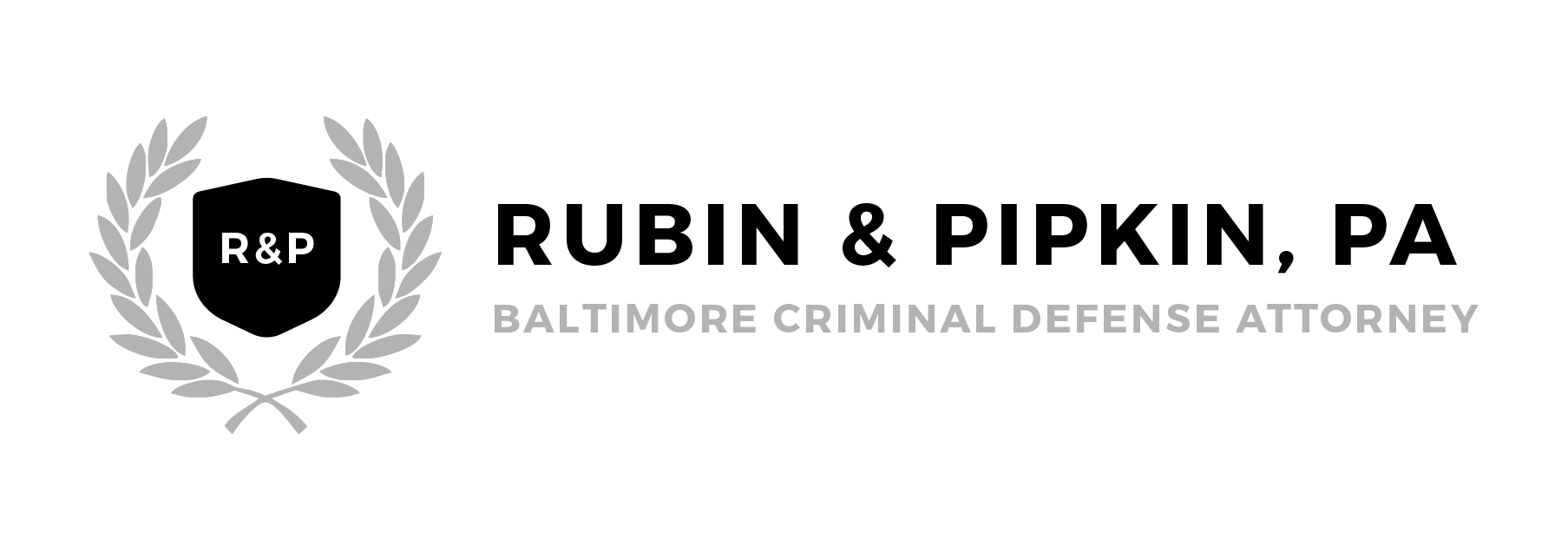03 Feb Defenses available in driving while intoxicated cases
On behalf of Jack B. Rubin, PA posted in Drunk Driving on Tuesday, February 3, 2015.
Motorists who are charged with driving under the influence of alcohol in Maryland may think they have no option but to plead guilty, but it is possible to fight an alcohol related charge even when the authorities have collected evidence. For example, portable breath tests and field sobriety tests are not scientifically accurate. There are also multiple defenses used in drunk driving cases.
Affirmative defenses usually do not question whether one was above the legal limit for driving but instead offer mitigating circumstances that necessitated or excused one’s actions. In an emergency situation, an attorney could argue that an intoxicated person was trying to prevent a “greater evil” that made it necessary to drive to avoid more negative consequences. This defense is referred to as necessity while a duress defense specifically involves harm coming to an accused individual by not driving. This might be applicable if someone threatened an intoxicated person.
Another affirmative defense is called mistake of fact, which could be used if a person had reason to believe he or she was no longer intoxicated, perhaps because one thought a medication had worn off. Similarly, a person might not know he or she is unable to drive if someone spiked the individual’s drink. The involuntary defense may apply in cases where one consumed alcohol without being aware of it.
Every case involving drunk driving charges is different because the circumstances and evidence changes, but there are almost always harsh consequences for those who are convicted. This is why a defense may be necessary when facing DUI charges. While there are situations where an affirmative defense is applicable, many DUI defenses question the validity of any evidence and how it was obtained. For example, probable cause is needed when pulling a driver over.


No Comments